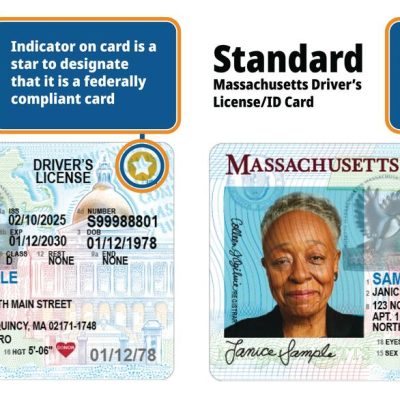Happy Birthday! Now We’re Going to Steal Your Data
Turning eighteen is a big deal. You can vote, sign your own permission slips, and finally see what’s going on in the back of Hot Topic. All in all, becoming an adult is an exciting milestone worth celebrating. So when I woke up on my eighteenth birthday, I was expecting at least a couple more birthday well-wishes than usual. What I was not expecting was a flood of app notifications telling me that “Congratulations! Your data is now up for grabs!”
We all know that one of the costs of unfettered internet access is data collection. The idea that your phone is always listening to you has crossed over from conspiracy theory to an accepted fact. However, a topic that is somehow both highly contentious and relatively overlooked is how and when data is collected from minors. Many of today’s children and teens, individuals who are not necessarily renowned for excellent decision-making, spend a good chunk of their time online. According to the Pew Research Center, as of 2024, 90% of teens use YouTube and about six-in-ten use TikTok and Instagram. They also report that about half of teens are online “almost constantly.” If there’s anyone both incredibly vulnerable to and unprepared for invasive data collection, it’s teens.
So, if you’re a teen gearing up for your leap into digital adulthood or even an adult unsure how to navigate online, here’s what you need to know. Firstly, unlike many states, Massachusetts has no specific protections for residents over the age of 13. Whereas COPPA (Children’s Online Privacy Protection Act) covers its namesake, it does not extend to young adults. This means that all of those notifications I got on my eighteenth birthday were the result of internal company policies. There are probably dozens more entities that were treating my data as any other adult. And guess what? They’re probably doing the same to you!
That matters for a variety of reasons. On the one hand, your data includes your location. Everyone from ex-partners, to law enforcement, to prying corporations, can see where you are, where you’ve been, and where you frequent. This info can be utilized to stalk, advertise to, or even prosecute you. Even if they’re not doing anything “wrong” per se, most people don’t want their location to be accessed by others. In the case of companies such as Facebook and Temu, you may be actively misinformed about how and when data is collected. Temu in particular may continue to harvest data even after the app itself is “deleted”.
However, it’s not all hopeless. You, like the adults in your life, are somewhat protected by law. According to the Massachusetts legislature, “A person shall have a right against unreasonable, substantial or serious interference with his [online] privacy”. Essentially, no person or company can force you to give up your data, but you are responsible for managing how you share it. This might mean rejecting those oh so helpful cookies, reading through boring “Terms and Agreements” sections, and deciding not to utilize certain services due to their predatory practices. Not all data collection is bad; without it the internet would not be free. But you as an individual have the ability and right to decide how it’s carried out.










